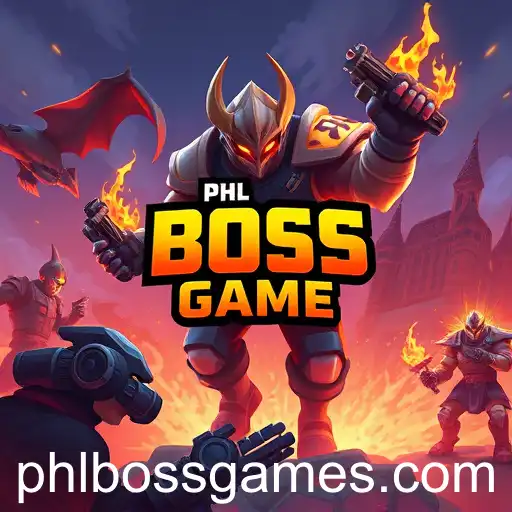
The online gaming landscape has seen significant shifts in recent years, and one of the latest buzzworthy topics on web platforms is the 'PHL Boss Game.' As we progress through 2025, this game has captured the attention of both casual and hardcore gamers worldwide. But what exactly makes PHL Boss Game stand out in the crowded arena of online gaming, and what implications does it have for the digital economy?
Firstly, PHL Boss Game succeeds in blending engaging storytelling with complex strategic gameplay, appealing to a diverse audience. Unlike many of its counterparts, the game thrives on community engagement and collaboration, making it a social phenomenon as much as it is a solo experience. In 2025, where connectivity and social interaction are merged seamlessly with technology, this approach resonates with the generational shift towards inclusive digital spaces.
Moreover, the game has become a cornerstone in the growing esports community. Tournaments featuring PHL Boss Game attract large viewerships across digital streaming platforms, contributing to its popularity and economic impact. Industry experts suggest that the monetization strategies within such games are reshaping the revenue streams in gaming, promoting sustainability and providing fair compensation not only for developers but for players too.
The success of PHL Boss Game reflects broader trends in the gaming industry. As technology advances, developers are pushing the boundaries of what digital environments can achieve. In 2025, we're seeing games that double as educational tools, virtual meeting spaces, and even platforms for activism. PHL Boss Game exemplifies this trend by incorporating real-world issues within its narrative, thereby engaging players on both an entertainment and intellectual level.
With projections indicating substantial growth in gaming and esports by 2030, the role of such games on platforms and their influence on global digital culture cannot be overstated. PHL Boss Game, with its unique blend of gameplay mechanics and social engagement, could very well serve as a blueprint for the future of online gaming. Its impact is far-reaching, from economic contributions to shaping the very culture of digital interaction. As 2025 unfolds, industry watchers, developers, and gamers alike are keenly observing how games like PHL Boss continue to innovate and influence the market.


